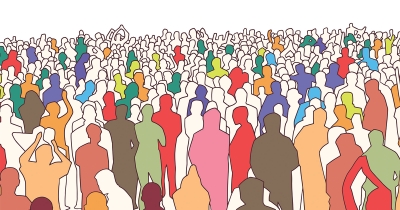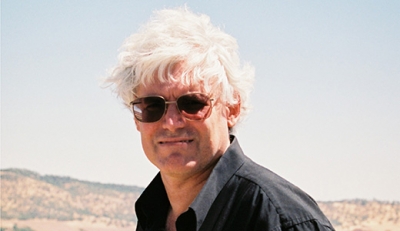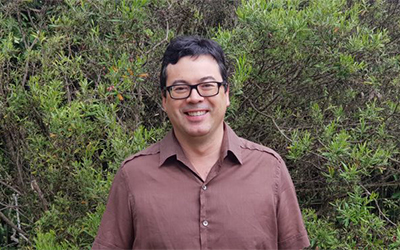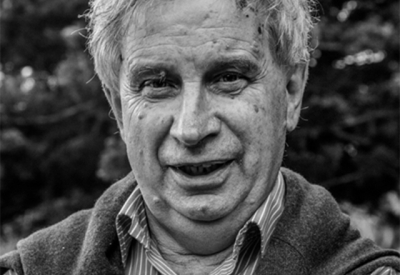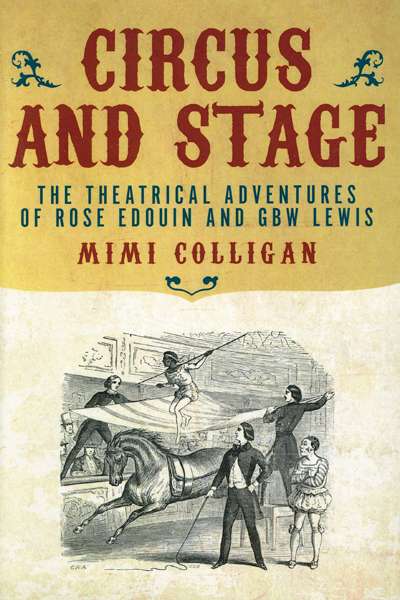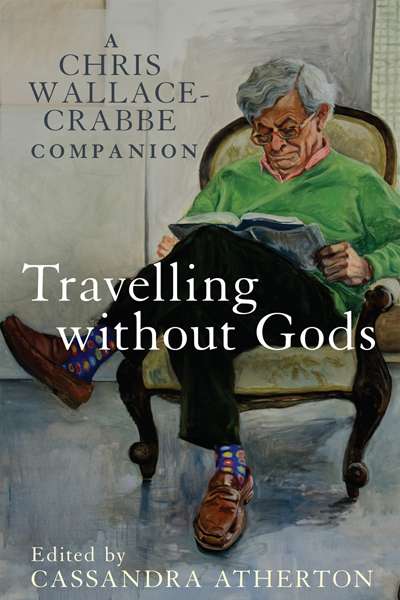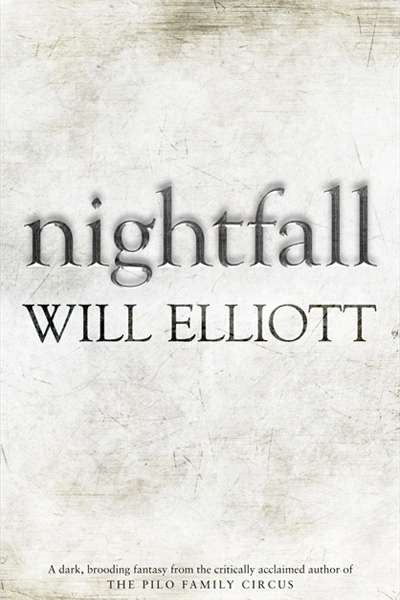Space
Our Moon: A human history by Rebecca Boyle
During a recent lunar eclipse, I marvelled as Earth’s shadow nibbled away the Moon’s light. This creeping shadow testified to the awesome movement of the celestial spheres, Earth inching along its trajectory around the Sun while the Moon fell around Earth until, on this special night, all three bodies were closely aligned in the same plane: Sun, Earth, Moon. A related alignment occurs each month, when the Sun’s light is reflected from the full, uninterrupted Moon. We can see it because the Moon orbits Earth in a slightly different plane from that of Earth’s motion around the Sun. But on this night, the Moon was passing through a point where these two planes intersected, so that Earth directly blocked the light from Sun to Moon.





















